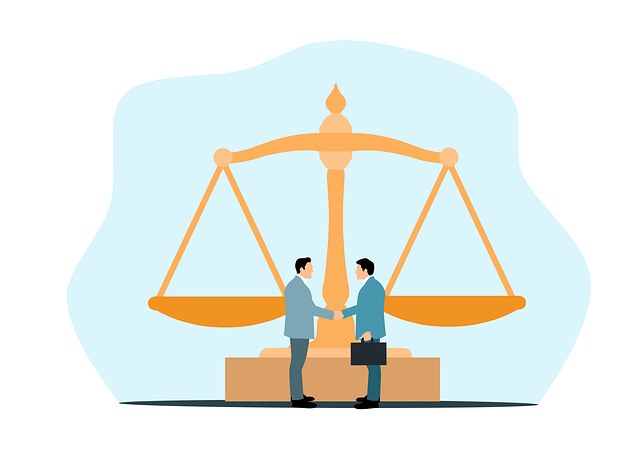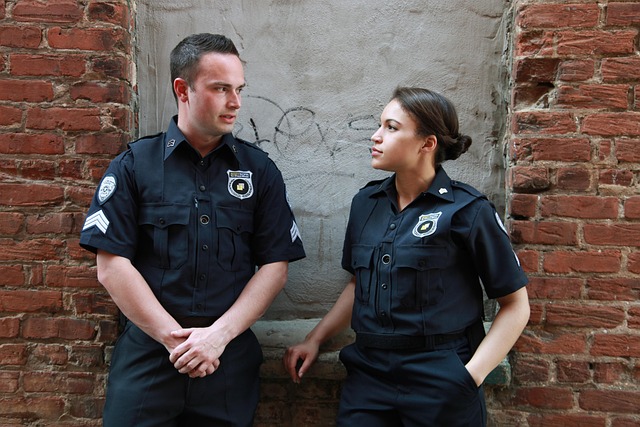Environmental Crime Trials demand sophisticated legal strategies to hold white-collar criminals accountable for ecological damage, with success hinging on presenting compelling evidence like scientific data and expert opinions. While defenses often aim to undermine proof of guilt, robust prosecutions require understanding specific ecological impacts and connecting actions to tangible harm. Proven effective globally, these trials send strong messages to polluters, driving policy changes and industry reforms.
“Environmental Crime Trials: Unraveling the Legal Battle for Earth’s Protection introduces readers to a critical aspect of environmental justice. This article explores how legal systems worldwide tackle environmental crimes, with a focus on the intricate process of proving guilt beyond reasonable doubt. From understanding the legal framework that enables these trials to studying real-world case studies, we uncover the impact of successful prosecutions on strengthening environmental protection measures. By delving into these cases, we aim to demonstrate the effectiveness of judicial intervention in deterring future ecological offenses.”
- Understanding Environmental Crime Trials: The Legal Framework
- Gathering Evidence and Proving Guilt Beyond Reasonable Doubt
- Case Studies: Successful Prosecutions and Their Impact on Environmental Protection
Understanding Environmental Crime Trials: The Legal Framework
Environmental Crime Trials are a complex legal arena, where the goal is to hold perpetrators accountable for their actions that harm the environment. Understanding the legal framework behind these trials is crucial. The process involves presenting compelling evidence and proving guilt beyond reasonable doubt. This is no small feat, especially in cases of white-collar and economic crimes, where offenders often employ intricate strategies to avoid indictment.
Legal experts must navigate a labyrinth of regulations and precedents to achieve extraordinary results. By meticulously constructing the narrative, they can expose the environmental impact of criminal activities. The key lies in gathering scientific evidence, expert testimonies, and financial records to demonstrate the intent and consequences of the crimes. This approach ensures that justice is served, sending a strong message that environmental degradation will not be tolerated.
Gathering Evidence and Proving Guilt Beyond Reasonable Doubt
In environmental crime trials, gathering evidence that proves guilt beyond reasonable doubt is a complex task due to the often indirect nature of ecological damage. Lawyers must navigate a labyrinth of data, from scientific studies to historical records, to build a compelling case. This involves scrutinizing documentation related to regulatory compliance, as well as examining the respective business practices and decisions that may have led to environmental transgressions. The challenge lies in connecting these actions to tangible harm, ensuring that culpability is evident and not merely speculative.
White-collar defense strategies often aim to undermine the prosecution’s ability to meet this high burden of proof. Defendants may argue that their actions were well-intentioned or that they relied on expert advice, aiming to distance themselves from direct guilt. However, successful environmental crime prosecutions require robust evidence and a thorough understanding of the specific ecological impacts under investigation. This includes demonstrating how decisions within the philanthropic and political communities might have contributed to or overlooked the damage, ultimately shaping the narrative of responsibility and accountability.
Case Studies: Successful Prosecutions and Their Impact on Environmental Protection
Environmental crime trials have been instrumental in holding perpetrators accountable and strengthening environmental protection efforts worldwide. Case studies of successful prosecutions highlight the power of the justice system in sending a clear message to polluters. These cases, spanning various industries, demonstrate that proving guilt beyond reasonable doubt is achievable, even for complex environmental offenses. By examining evidence meticulously, utilizing expert testimonies, and applying stringent legal standards, prosecutors have secured convictions, leading to significant environmental remediations and penalties.
Successful prosecutions not only serve as deterrents but also influence policy changes and industry practices. The impact extends to all stages of the investigative and enforcement process, ensuring that corporate and individual clients face consequences for their actions. This has resulted in a more robust framework for environmental protection, where the complete dismissal of all charges is not an option, fostering a culture of responsibility and sustainability.
Environmental crime trials play a pivotal role in upholding environmental protection laws by ensuring those who violate them are held accountable. Through robust evidence gathering and strict adherence to legal frameworks, these trials aim to prove guilt beyond reasonable doubt. Case studies of successful prosecutions demonstrate their impact in deterring future crimes and fostering a culture of environmental stewardship. As the fight against ecological offenses intensifies, these trials stand as a powerful tool for justice and conservation.






